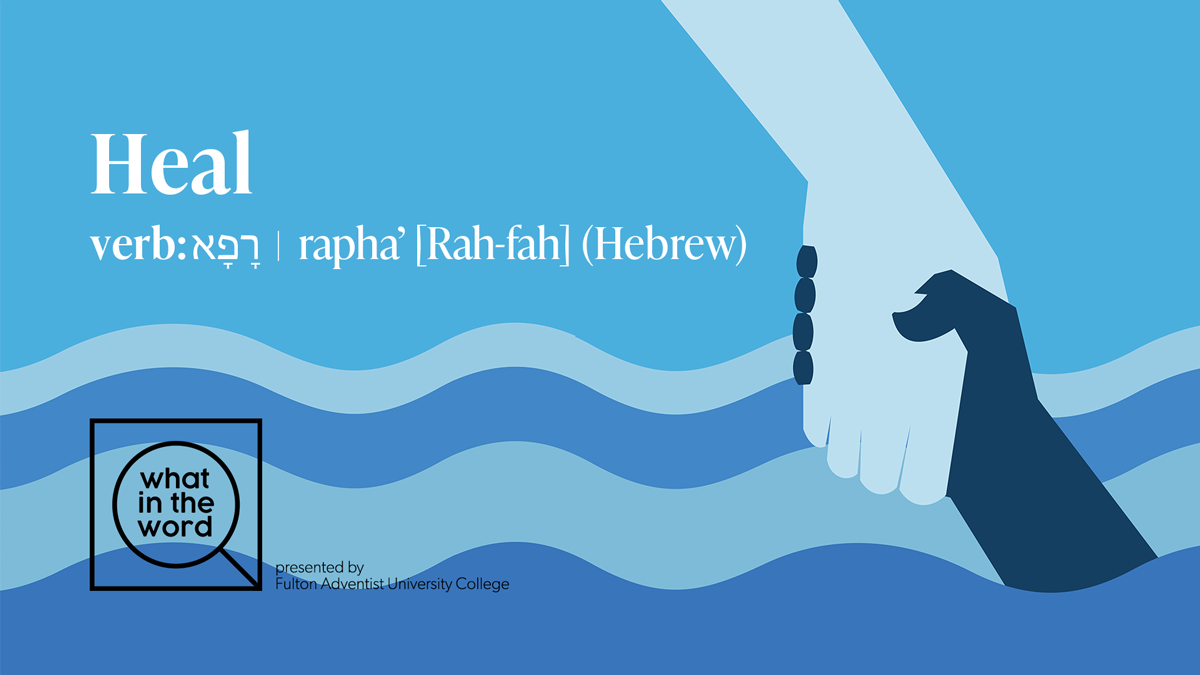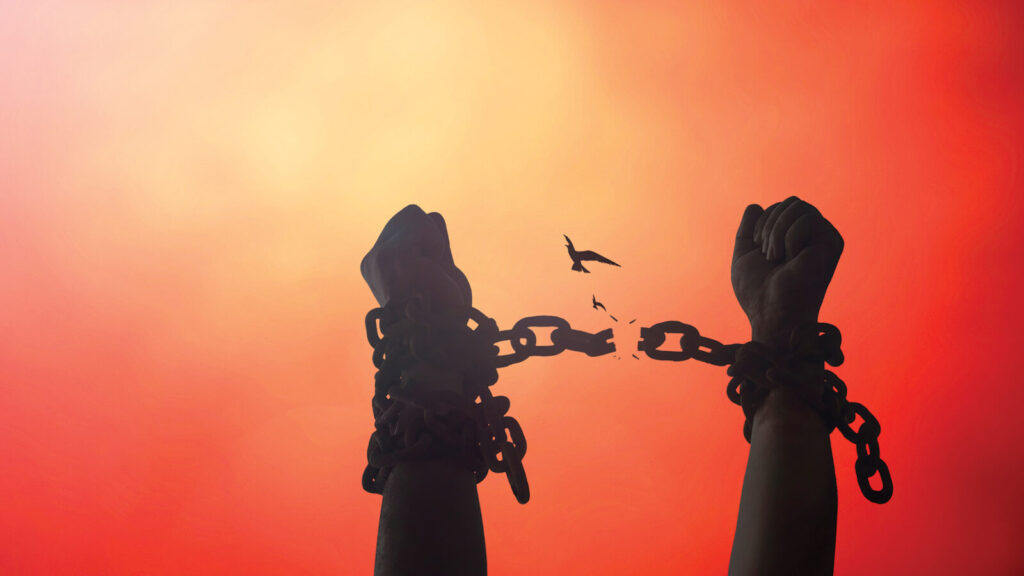In the Old Testament (OT), Rapha‘ is a profound term that occurs around 70 times in Hebrew. This term refers to physical, emotional and spiritual healing. Ultimately, it reflects God’s nature, human brokenness and restoration. God is the ultimate healer. As a healer, He can heal an individual, a nation or an entire region through multiple forms of healing.
In Exodus 15:26, God declares Himself Jehovah-Rapha, “The Lord who heals.” Psalm 103:2,3 records that God forgives iniquities and heals diseases. Healing is related to forgiveness, suggesting a spiritual and physical renewal. Healing and God’s mercy are directly connected, so they go together.
In backsliding (apostasy), God often called Israel to repent and experience restoration (Jeremiah 3:22; Isaiah 1:18; Ezekiel 18:30,31). Healing means rebuilding a broken relationship with God. Hosea 6:1 reflects both divine judgement and healing. “Come, and let us return to the Lord for He has torn, but He will heal us; He has stricken, but He will bind us up” (NKJV). There are four verbs in the text. (1) “Torn” (Hebrew: טָרַף, taraf), as if by a wild animal (cf Genesis 37:33, where Jacob thinks Joseph was “torn” by a wild beast). (2) “Heal” (Hebrew: רָפָא, rapha’) reinforces that the same God who tore also restores. (3) “Stricken” (Hebrew: נָכָה, nakah), means to smite or wound, often referring to God’s disciplinary actions (eg, Isaiah 53:4, where the Suffering Servant was “stricken” by God). (4) “Bind us up” (Hebrew: חָבַשׁ, havash) is often used in the context of care and restoration (cf Isaiah 61:1, “He has sent me to bind up the brokenhearted”). Hosea 6:1 also shifts from perfect (past) to imperfect (future). God’s discipline and judgement (which has happened) are reaffirmed by perfect verbs (“He has torn” and “He has struck”). Imperfect verbs (“He will heal” and “He will bind us up”) refer to God’s mercy and restoration. God’s discipline is deliberate; He wounds to heal. Discipline is meant to redeem, not destroy.
Nations suffering from sin can be healed. “If My people who are called by My name will humble themselves, and pray and seek My face, and turn from their wicked ways, then I will hear from heaven and will forgive their sin and heal (וְאֶרְפָּא, ve’erpa) their land” (2 Chronicles 7:14, NKJV). The Hebrew verb וְאֶרְפָּא (ve’erpa) comes from רָפָא (rapha’). This text implies more than just agricultural or environmental renewal. Healing includes forgiveness of sins (spiritual renewal), prosperity restoration (material and national wellbeing) and protection from natural disasters (drought, famine, war).
Isaiah 53:5 promised Messianic healing. “But He was wounded for our transgressions, He was bruised for our iniquities, The chastisement for our peace was on Him, and by His stripes we are healed” (NKJV). Jesus Christ suffered for sinners (cf 2 Corinthians 5:21). The phrase “by His stripes we are healed” means the primary focus of healing was spiritual (cf 1 Peter 2:24 referring to the forgiveness of sins); still, physical healing is also implied, as witnessed in the healing ministry of Jesus (Matthew 8:16,17). He suffered to restore humanity’s broken relationship with God. Other than diseases, wholeness is more than physical health.
Jesus fulfils the role of Jehovah-Rapha in the New Testament. In Matthew 4:23, Jesus healed all kinds of diseases (cf Luke 4:18). He ministered physically and spiritually. In addition to Jesus’ first coming, the everlasting Kingdom is the means of ultimate healing. Revelation 22:1 speaks of the “healing of the nations”. The final restoration of God includes the “healing of the nation” (Ezekiel 47:12). God will dwell with His people forever after 1000 years (Revelation 21:1-4). Planet Earth, where sin has been rampant for 6000 years, will become the throne room of God for eternity.
Healing, restoration and making whole are all incorporated into rapha‘. This includes physical and spiritual healing, the healing of nations and, ultimately, eternal restoration in the earth made new. We can have absolute confidence in Jehovah-Rapha, who can heal our brokenness and restore our relationship with Himself.
Limoni Manu O’Uiha is Head of Theology at Fulton Adventist University College.





